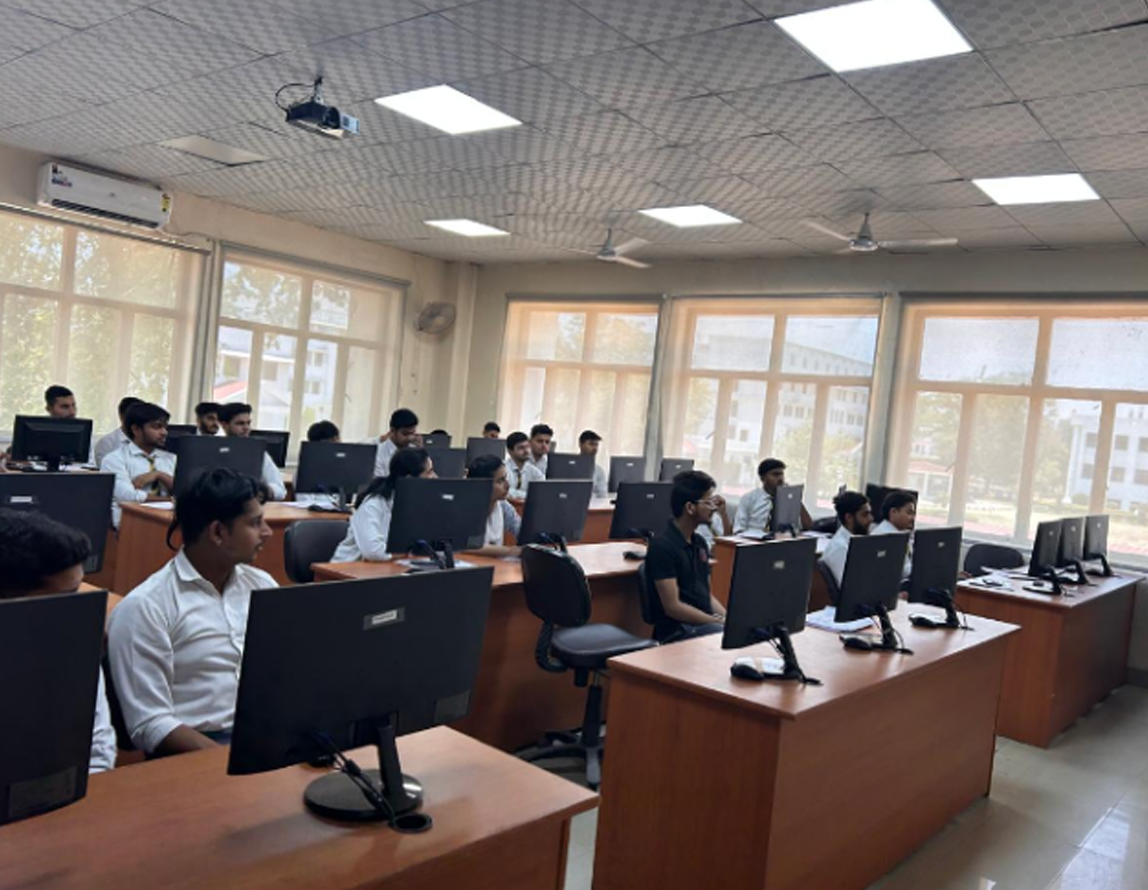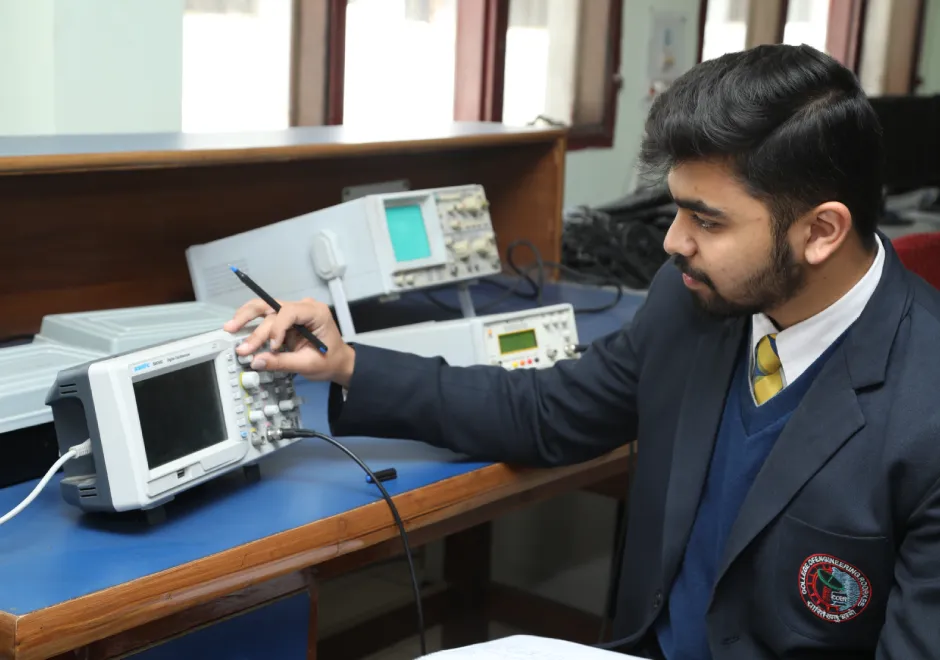
Diploma in Pharmacy (D. Pharm)
Duration
2 Years
Eligibility Criteria
Passed HSC (10+2) or its equivalent examination with English as one of the subject’s, Physics and Chemistry as compulsory subjects along with Mathematics or Biology as optional subjects individually.
Any other Qualification approved by Pharmacy Council of India as equivalent any of the above examination.
The Diploma in Pharmacy (D. Pharm) is a two-year program that provides foundational knowledge in pharmaceutical sciences, preparing students for diverse roles in the pharmacy profession.

The curriculum includes practical training through internships or industrial attachments, where students gain hands-on experience in medication dispensing, pharmaceutical calculations, prescription processing, and pharmacy management. These practical experiences are crucial for developing essential skills needed in the pharmacy field. To practice professionally, D. Pharm graduates must meet regulatory requirements, which may include obtaining a license or registration from the relevant pharmacy authority. These requirements vary by country and region.
Apply NowCareer Path
After completing the course students can work in the following areas.
- Government hospitals
- Community health centres
- Educational Institutes
- Clinics
- Food and Drug Administration
- Private hospitals
- Private drug stores
- Pharmaceutical Firms

Curriculum
-
Pharmaceutics – Theory
-
Pharmaceutics – Practical
-
Pharmaceutical Chemistry – Theory
-
Pharmaceutical Chemistry – Practical
-
Pharmacognosy – Theory
-
Pharmacognosy – Practical
-
Human Anatomy & Physiology – Theory
-
Human Anatomy & Physiology – Practical
-
Social Pharmacy – Theory
-
Social Pharmacy – Practical
-
Pharmacology – Theory
-
Pharmacology – Practical
-
Community Pharmacy & Management – Theory
-
Community Pharmacy & Management – Practical
-
Biochemistry & Clinical Pathology – Theory
-
Biochemistry & Clinical Pathology – Practical
-
Pharmacotherapeutics – Theory
-
Pharmacotherapeutics – Practical
-
Hospital & Clinical Pharmacy – Theory
-
Hospital & Clinical Pharmacy – Practical
-
Pharmacy Law & Ethics
Program Specific Outcome PSOs
-
PSO1
Know different aspects of pharmaceutics, which include different dosage form and their classification, manufacturing process and uses.
-
PSO2
Ability to identify, formulate and solve community & hospital pharmacy problems.
-
PSO3
Knowledge of professional and ethical responsibilities as per Pharmaceutical jurisprudence.
-
PSO4
Ability to work with clinicians, to determine the role of the laboratory in specific situations to optimize patient safety.
-
PSO5
Able to understand the various functions of hospital and hospital pharmacy, various inpatient and outpatient services, manufacturing within the hospital.
Program Educational Objectives PEOS
-
PEO1
To acquire the theoretical knowledge of pharmaceutical sciences.
-
PEO2
To acquire practical skills in Isolation and synthesis of medicinal compound analysis from natural sources.
-
PEO3
To develop competent Pharmacists with ethical attitude, research intuition, leadership qualities, to participate in public health programs and engage in life-long learning.
Value Added Programs (VAPs)
| Year | Name of VAP |
|---|---|
|
|









